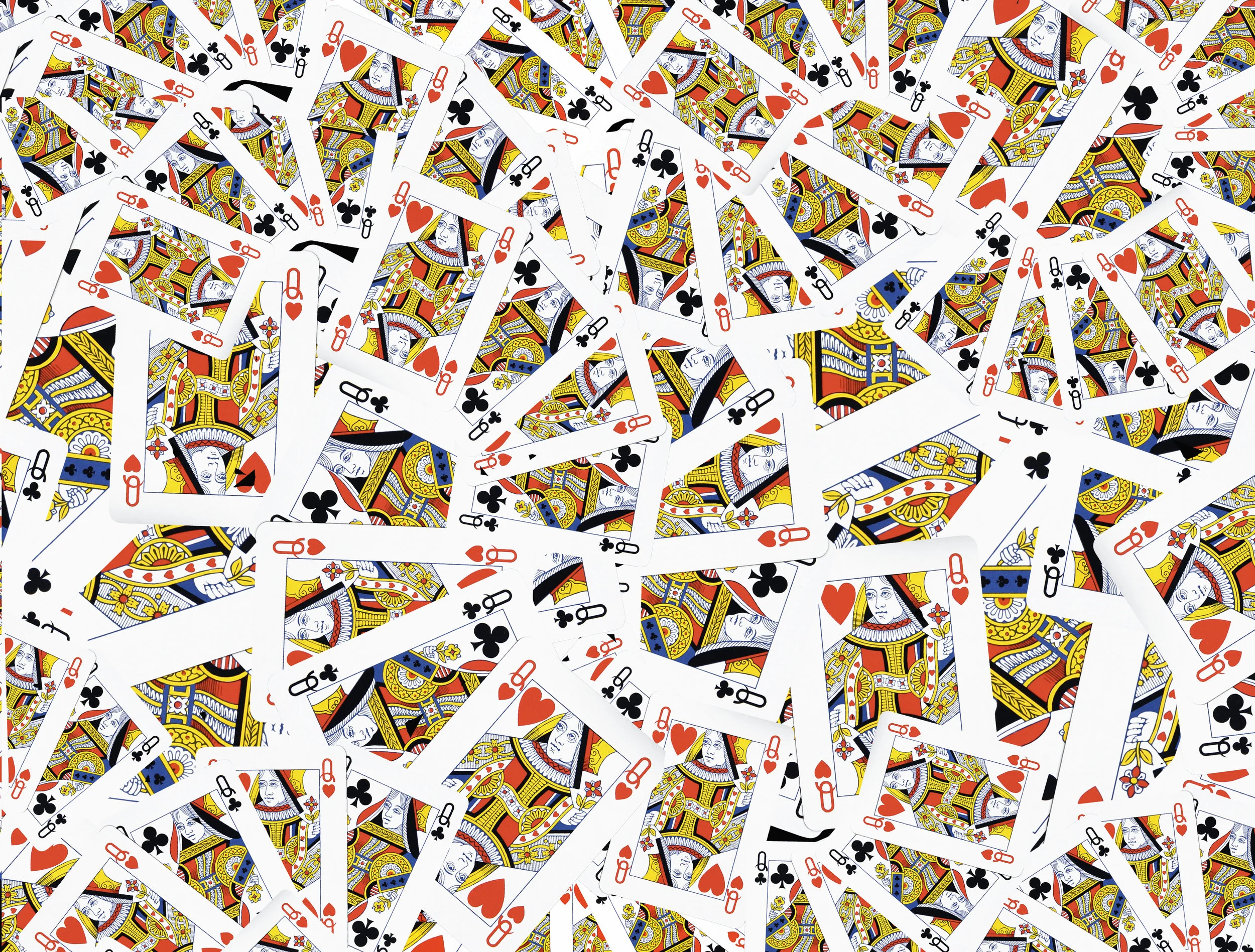Any kind of fast-paced web game where you insert your own content will work as a Playground activity. But, there are some types we tend to lean towards in our own designs.
HANGMAN
Hangman games are great to reinforce vocabulary about a particular topic. Or, to ensure definitions of those vocabulary words are truly understood. We use these games when the content is jargon heavy and technical.
CHOICES
Choices is your typical multiple choice quiz game frame. It works well when you have concrete pieces of knowledge you want participants to memorize and know.
CATEGORIZE
Categorize games are actually reverse Choice games. Rather than have the answers change with each question, the answers stay the same and the stimulus or question changes. This frame works well when reinforcing the phases or components of a model. For example, the team formation stages: Stormin', Formin', Normin', Performin'.
SEQUENCE
Sequence games work beautifully when teaching a process with specific procedural steps. The game works well with procedures of approximately seven steps.
TICTAC
Think of TicTac as really an open question framework. Participants answer open-ended questions and when correct, get an "x" placed on a Tic Tac Toe Board.
MATCH
Match is a relationship game. Participants match concepts together. For example, match the capital city with the appropriate country.
CROSSWORD PUZZLES
A well-known frame, cross word puzzles are essentially open-ended questions with a hint (word size, and perhaps letters in the word). These are particularly effective puzzles because you have the ability to ask many questions in a small and constrained space.
ANAGRAMS
Anagrams are another puzzle type of game where a word or a phrase is jumbled and participants must unscramble the letters to properly form the right answer. We like to use these as summary activities to reinforce a key idea. Unlike cross word puzzles, you only get a few puzzles at a time.
